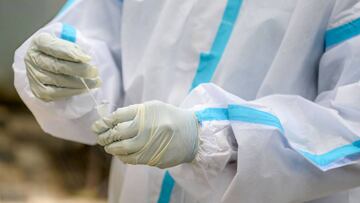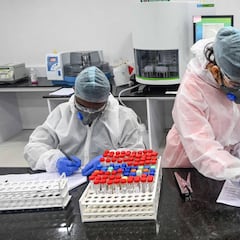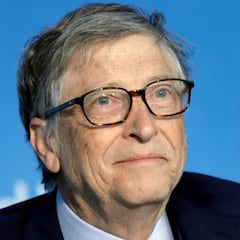Russia set to supply India with 100m doses of its Covid-19 vaccine
Russia is set to supply Dr. Reddy's Laboratories Limited with 100 million doses of its Covid-19 vaccine Sputnik V.

Amongst all the efforts exerted in different areas around the globe to develop a safe and efficient vaccine for the Covid-19 infection, the Russian Direct Investment Fund (RDIF) and Dr. Reddy's Laboratories Limited reached an agreement of cooperation to conduct clinical trials of Sputnik V as well as the distribution of the vaccine in India.
Earlier on 11 August, Russia registered its vaccine that had been developed by Gamaleya Scientific Research Institute and Russian Direct Investment Fund, claiming to be the first country to develop a safe and effective Covid-19 vaccine.
RDIF has revealed the delivery of the vaccine doses might commence in late 2020 depending on the approval of regulators in India, and it will need to undergo further trials before it's made available for the public. It's planned that high-risk people including health workers will be given priority for receiving the vaccine.
Speaking at a press conference on Tuesday, ICMR Director General Balram Bhargava stated: "Russia has a good history of vaccine manufacturing, hence we assume that this vaccine is also good. There is a dialogue going on between the high-level committees of the governments of India and Russia. We are trying to work out its mechanism".
Is Sputnik V the safest option?
As per the agreement between the two countries, India will be responsible for conducting late-stage trials of the vaccine before DGCI grants authorization for the vaccine to be made available for the public.
With this cooperation, India has ensured it will get 100 million doses of the vaccine as soon as it's approved, although recent reports suggest that the Russian vaccine might not be the safest and most effective amongst other vaccine candidates, as the reports have shown that one out of every seven people who were given the vaccine developed adverse effects.
Related stories
Russia's health minister, Mikhail Murashko, in a statement to Moscow Times, said that nearly 14% of patients who have received the vaccine reported suffering from side effects that he labeled as mild and routine: “Approximately 14% have small complaints of weakness, muscle pain for 24 hours and an occasional increase in body temperature.”
However, the Russian minister insisted that the vaccine is still safe and will be competing with other vaccine candidates as these side effects start to fade away the day after patients experience them.

